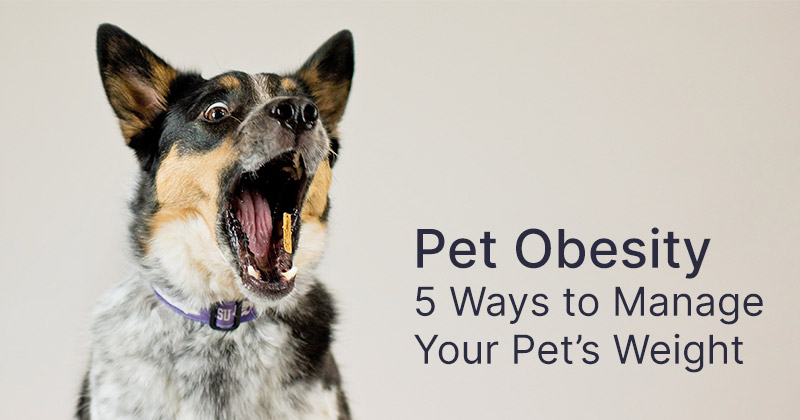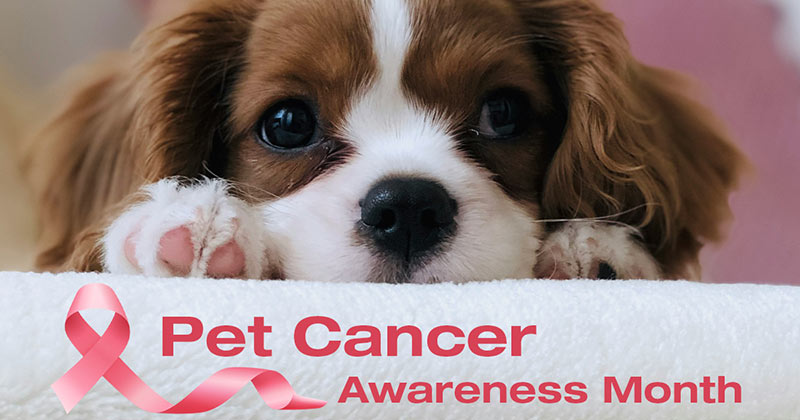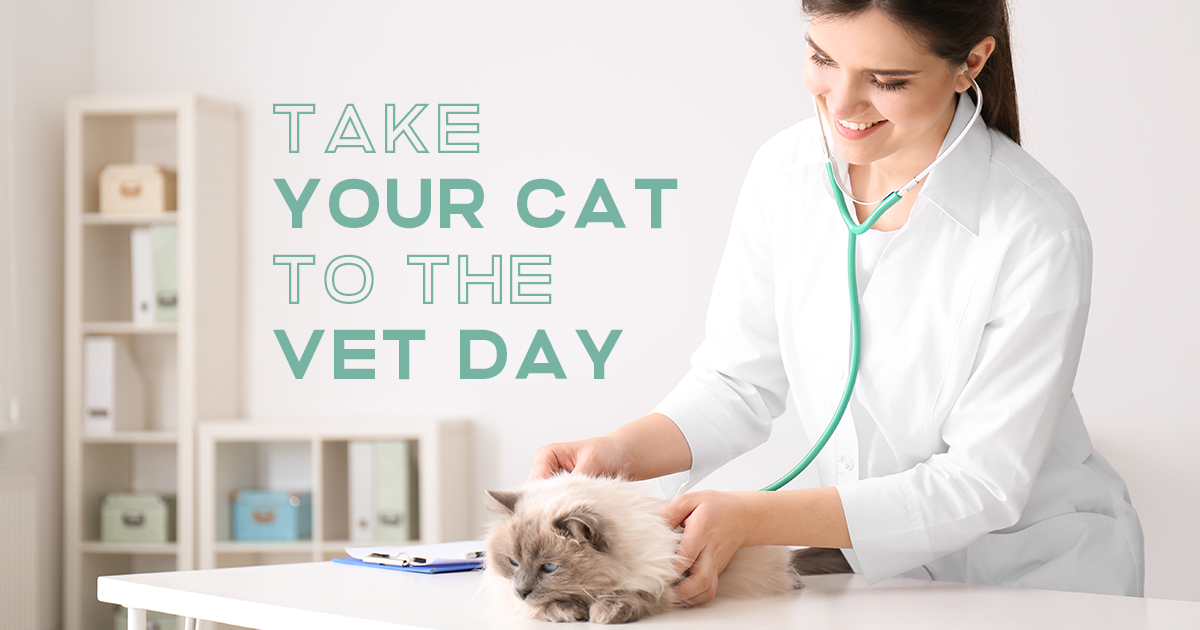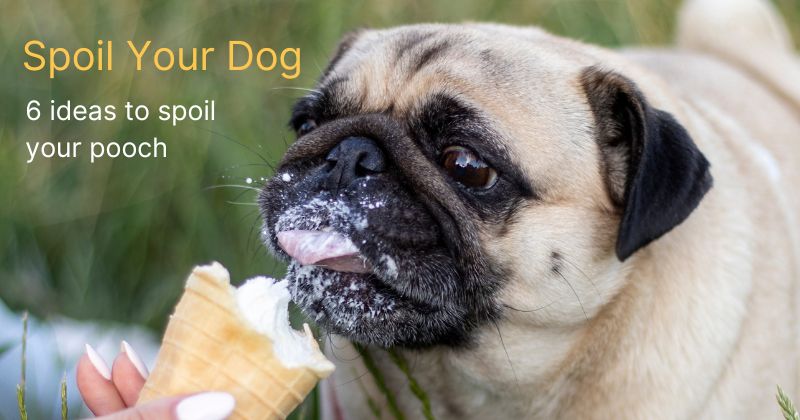
Studies show that more than 50% of cats and dogs worldwide are overweight or obese. Typically, these pets do not live as long as leaner animals due to the diseases that stem from obesity, such as diabetes, heart disease and osteoarthritis.
The good news is that there’s plenty you can do to prevent this from happening!
Five Ways to Keep Your Pet’s Weight Down
-
Talk to Your Vet: At Ridgeview Animal Hospital, we can help create a health plan for your pet that includes prescription food, tips on portion control, ideas for exercise activities, appointments for regular weigh-ins, etc.
-
Quality Food: A balanced pet diet should include essential nutrients such as proteins, carbohydrates, fats, vitamins, minerals, and water. Some pets can eat fresh foods such as broccoli, baby carrots, sliced cucumbers, blueberries … and pumpkin, which isn’t just a timely treat for Halloween season but a fiber-rich food that helps regulate digestion in cats and dogs. Talk to your vet about the best food options for your pet’s unique needs.
-
Play Time / Exercise: During your pet’s feeding time, you can throw some activity into the mix. This could involve toys that release food as pets play with them or putting their food bowls in different areas throughout your home to allow for more exercise. Of course, fetch is always a good game for dogs, and cats love to chase lasers across the floor. Vets recommend 30 minutes to an hour of exercise a day for both.
-
Long Walks: Contrary to popular belief, walks aren’t just for dogs. While cat walks tend to be more of a solitary activity seen among stray cats, feel free to put your kitty on a leash and take them on an adventure around the neighborhood!
-
Schedule Meals: Most vets recommend feeding cats and dogs one to two times a day around 8-12 hours apart. Keeping a consistent meal schedule is important when it comes to helping your pet maintain a healthy weight.
Call (402) 333-3366 to schedule an appointment with us and learn more about how to keep your furry friend at a healthy weight.




